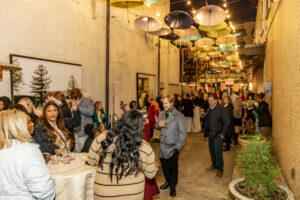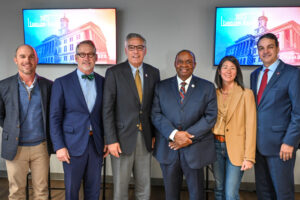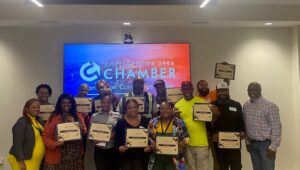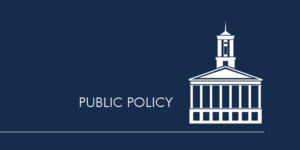Chattanooga has come a long way when it comes to sustainability. From being named the city with the dirtiest air in 1969, Chattanooga has recast itself as a national model for environmental sustainability.
Over the last 50 years, Chattanooga has earned a national reputation for addressing pollution and embracing sustainable growth practices. That attitude has proven a fertile incubator for green businesses and a point of attraction for outside investment by environmentally conscious companies.
Many area staples have been recognized for their green initiatives. Local landmark, Ruby Falls, was the first U.S. attraction to become Green Globe certified in 2009 and earned the Green Globe’s Sustainable Leadership Award in 2016. Similarly, Chattanooga Metropolitan Airport holds the world’s firs LEED Platinum Certified aviation terminal. Tennessee Aquarium’s new facility is also LEED-certified and includes the expansion of existing wetlands adjacent to the site.
These sustainability achievements drive Chattanooga toward a brighter, greener future. Recently, Green Spaces and Greater Chattanooga Economic Partnership came together to highlight some of these feats in a three-episode Sustainability Initiative Series.
First, Michael Walton, executive director of Green Spaces talks about why it’s important for businesses to take the lead in sustainability. He specifies why investing in green technologies benefits companies big and small in our region.
Walton returns in the second episode to highlight generational trends toward sustainability. As millennials and Gen Zers look to develop their careers, they’re gravitating more and more toward companies with environmental practices. Green Spaces helps local companies develop best practices that appeal to a younger workforce.
In the final episode, Walton highlights the connection between sustainability and quality of life. As Chattanooga’s economy continues to grow, Green Spaces works to close the gap between conservation and cost of living. They also provide opportunities for the next generation to learn sustainable practices.






